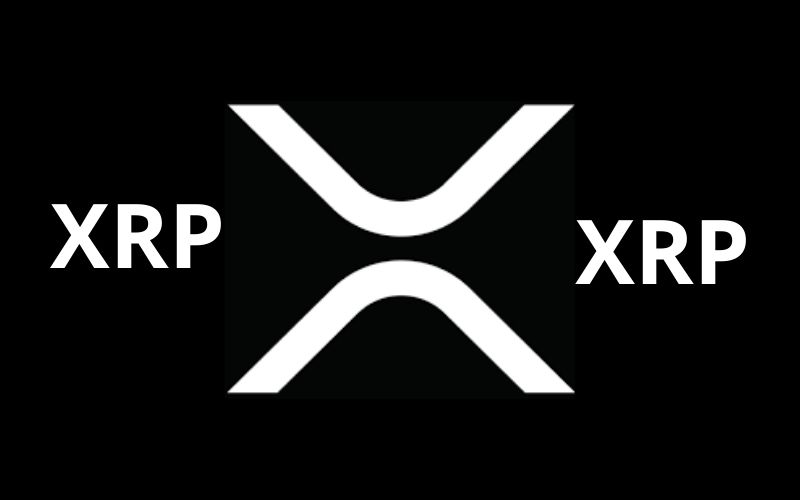Former Chairman of the US Commodity Futures Trading Commission (CFTC), Christopher Giancarlo and his associate Conrad Bahlke, have come in defense of XRP, against the claim that classifies the digital token as a security.
Their joint statements were published on 17th June 2020, by the International Financial Law Review (IFLR). There, they discussed the case for the classification of XRP as a medium of exchange or currency.
Giancarlo and Bahlke remarked that senior officials at the US Securities and Exchange Commission (SEC) have publicly claimed Bitcoin (BTC) and Ethereum (ETH) are not securities, but the reverse has been the case for the third-largest cryptocurrency by market capitalization, XRP:
“Much like bitcoin and ether, XRP is a digital currency supported by a distributed ledger that uses cryptography to store and transfer assets. However, XRP and the underlying XRP Ledger were designed in 2011 and 2012 specifically as a payment mechanism by software developers who later founded Ripple Labs (Ripple).
“Ripple today utilizes XRP to address liquidity challenges faced by financial institutions, including high transaction fees, long processing times, and the need for third-party monitoring interposed by traditional clearinghouses and settlement mechanisms.
“In the absence of mining, XRP cannot be generated by third parties. Instead, a finite supply of XRP (100 billion units) was created at the time of inception, slightly more than 50% of which is currently held in escrow by Ripple and sold periodically. While these differences enable XRP to better serve its intended purpose as a liquidity tool and settlement mechanism, they do not fundamentally set XRP apart from its peers from a legal and regulatory perspective.”
Giancarlo and Bahlke Believe XRP Fails Howey Test in Several Ways
The authors, Giancarlo and Bahlke, believe that Ripple’s digital token XRP fails the Howey Test in multiple ways.
A transaction represents an investment contract under the Howey framework if someone invests his money in a common enterprise and is led to expect profits solely from the efforts of the promoter, sponsor, or other third parties.
They wrote:
“The mere fact that an individual holds XRP does not create any relationship, rights, or privileges with respect to Ripple.
“Ripple has not marketed XRP as an investment product, nor has it promised XRP holders any sort of profit or return on investment. To the contrary, Ripple has repeatedly emphasized the “functionality of XRP as a liquidity tool and a settlement mechanism. The fact that certain parties may acquire XRP with the hope that it may appreciate in value cannot be dispositive as the same is equally true of a large number of bitcoin and ether speculators.
“As discussed above, XRP fundamentally falls outside of the definition of an investment contract under the Howey test. Moreover, there is strong evidence that the specific use of XRP for ODL [Ripple’s liquidity product] constitutes a utility token and, in this capacity, should not be subject to regulation as a security.”
